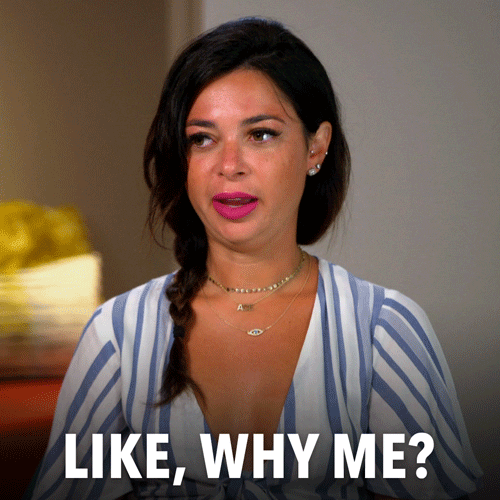
Letting Go of Judgements
Defensiveness Versus Accountability
Welcome back to our growth series!
In the realm of dating and personal relationships, how we respond to feedback or criticism can significantly influence our ability to connect and grow.
A common hurdle is our tendency toward defensiveness—a natural but often counterproductive reaction to perceived criticism. This self-protective stance not only hampers personal development but can also entrench us in negative patterns of interaction.
Understanding Defensiveness
Defensiveness is a natural response aimed at self-protection, triggered by what we perceive as criticism or attack. This reflexive stance can lead us to place blame on others, effectively saying, “The problem isn't with me; it's with you." However, this defensive posture not only hampers communication but also impedes our personal growth by preventing us from seeing our part in conflicts and learning from these experiences.
Defensiveness Versus Victim Mindset
Distinguishing between defensiveness and feeling victimised is crucial for addressing challenges constructively. While defensiveness is about self-protection, the victim mindset stems from a sense of powerlessness. Recognising this difference allows us to adopt a more appropriate and effective approach in various situations, especially in the realm of dating, where defensive behaviours can severely limit our ability to form meaningful connections.
In dating, a defensive attitude can manifest in patterns that keep us stuck in a cycle of superficial interactions, preventing us from exploring the depths of our own emotions and those of our partners. The Karpman Drama Triangle illustrates how defensive behaviours typically cast us in the role of the aggressor, escalating conflicts and hindering resolution.
The Role of Judgement
Consider a scenario where a date's tardiness leads to immediate blame and judgement. Such reactions are not just about the specific incident but also about broader tendencies to judge someone's character and values based on limited information. These snap judgements not only strain potential relationships but also contribute to a negative cycle that stifles personal growth and understanding.
Judging others limits their potential for change and growth, reinforcing a negative cycle that affects not just individual relationships but also the broader dynamics within teams and communities.
By focusing on defence, we divert energy away from building connections and self-reflection, leading to dissatisfaction and stress in our dating lives.
Shifting to Accountability
Breaking free from the cycle of defensiveness and judgement requires a shift towards objective accountability. This involves addressing specific behaviours or situations without attacking the individual's character, creating a space for constructive dialogue and improvement. Such a shift not only enhances our dating experiences but also fosters growth and understanding in our personal and professional lives.
Embracing collaborative problem-solving and empathy allows us to transform defensiveness into constructive conversations.
By seeking to understand the other person's perspective, we bridge the gap between conflict and resolution, paving the way for deeper connections and mutual growth.
Separating who we are from what we’ve done makes a huge difference in our level of defensiveness.
Applying the CCTV Test
A practical tool for fostering accountability and collaboration is the CCTV test, which encourages us to act as if our behaviours were being recorded. This thought experiment prompts us to reflect on our actions and choose responses that demonstrate accountability and a willingness to work together, rather than resorting to defensiveness.
Conclusion
As we navigate the complexities of dating and personal relationships, the journey from defensiveness to accountability offers a path to deeper connections and personal growth. By embracing self-reflection, objective accountability, and collaborative problem-solving, we can transform our interactions and foster a culture of empathy and understanding.
The choices we make and the narratives we adopt in our dating lives have the power to either hinder our growth or pave the way for meaningful connections. Let's choose the path of growth, understanding, and deep connection.



